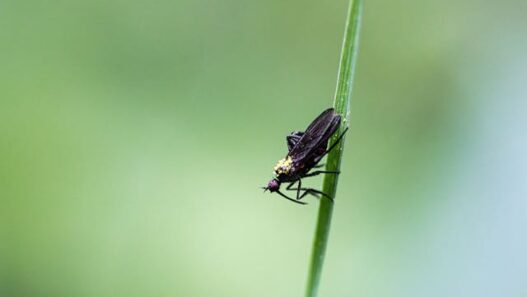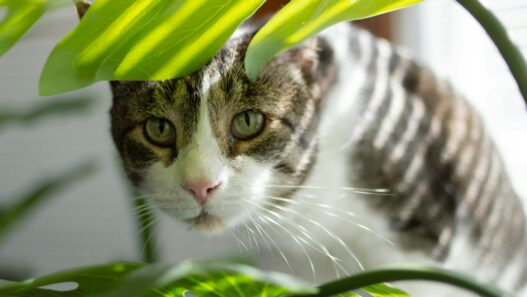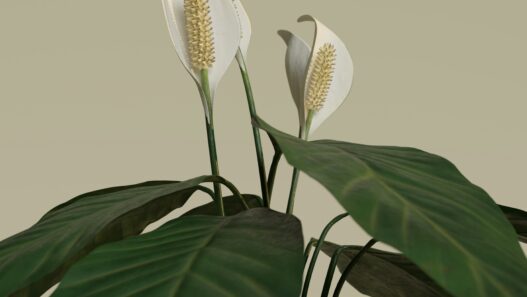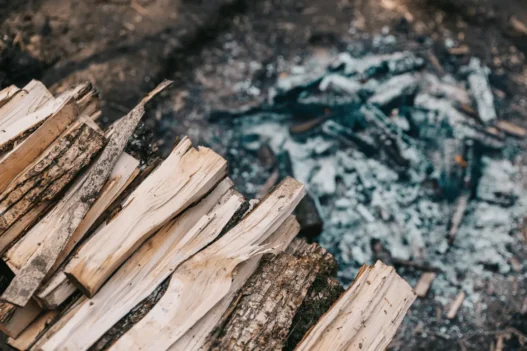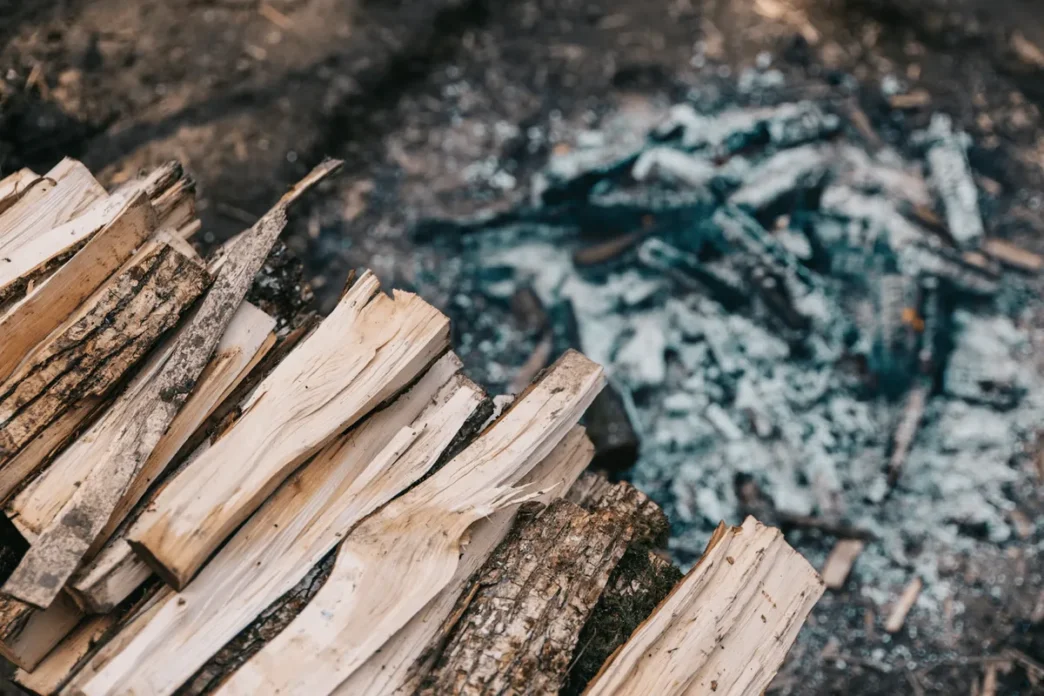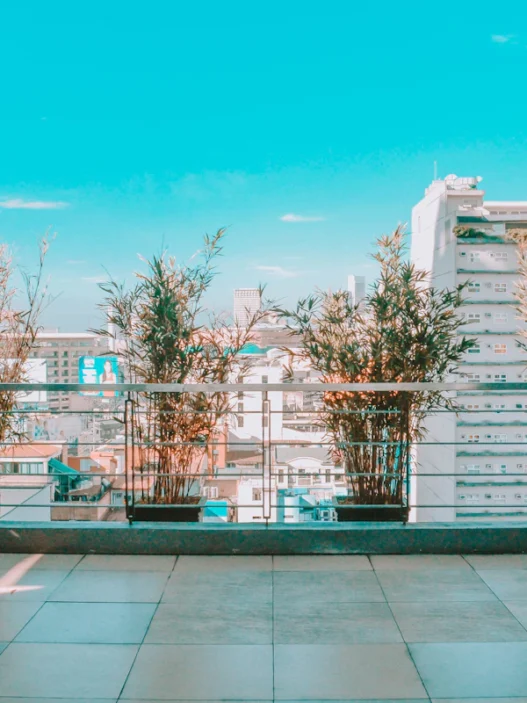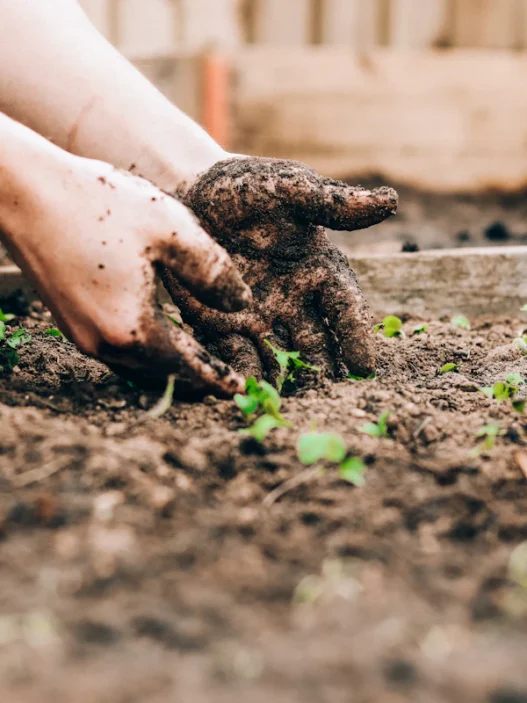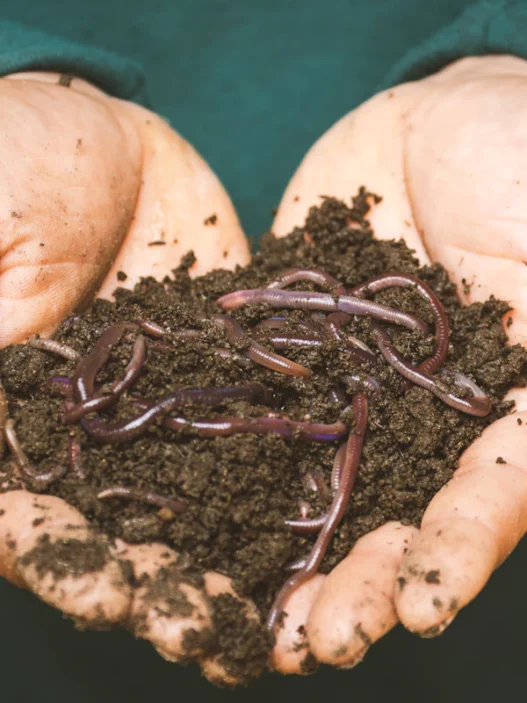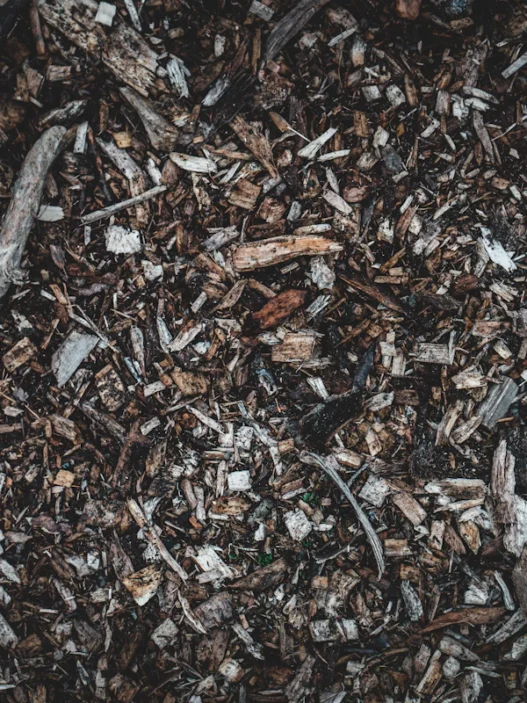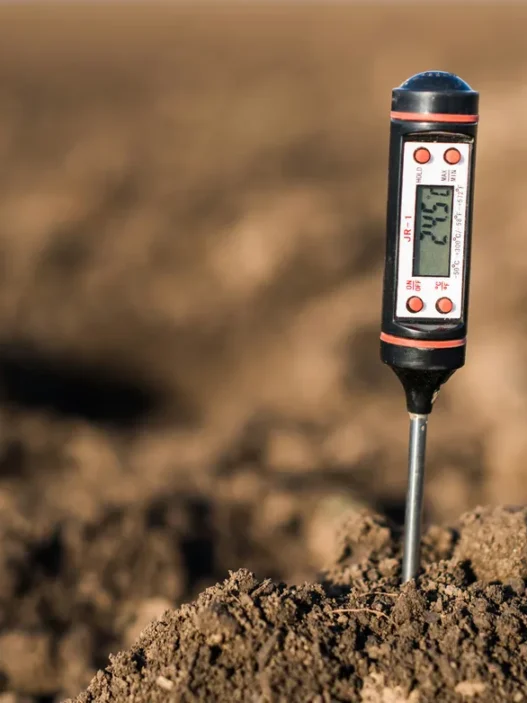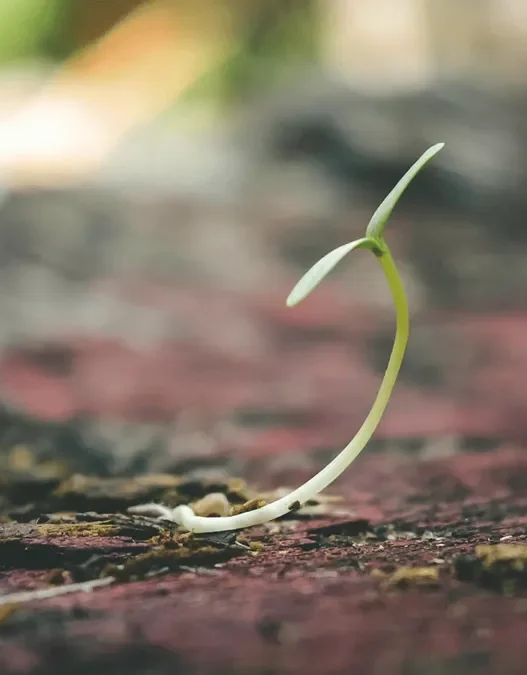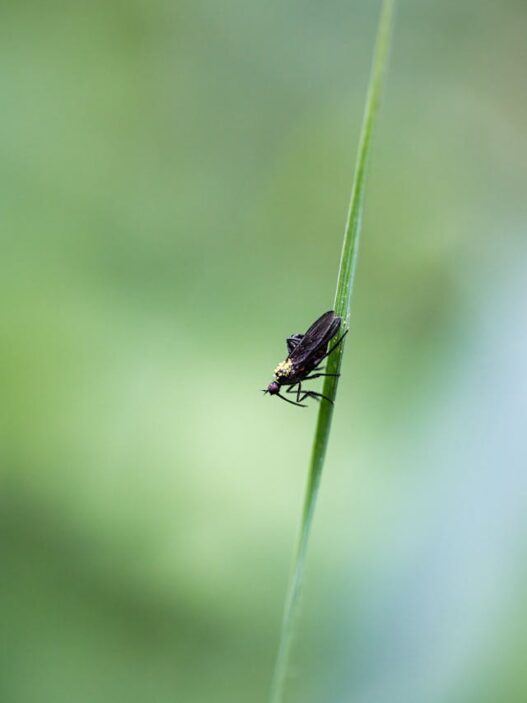Think you’re helping your plants thrive? Think again! Your well-intentioned soil choices might be turning your urban oasis into a plant graveyard.
The Dirty Dozen: Soil Amendments to Avoid Like the Plague
1. Kitty Litter: The Silent Plant Killer
You might think used kitty litter is a great way to recycle and add some texture to your soil. Wrong! This seemingly innocent amendment is a death sentence for your leafy friends.
Kitty litter is often made from clay, which becomes compacted when wet. This creates a barrier that suffocates plant roots and prevents proper drainage. Plus, used litter contains harmful bacteria and parasites that can contaminate your soil and potentially make you sick.
True Story: My neighbor Jane thought she’d hit the jackpot when she found a bag of discarded kitty litter. She mixed it into her tomato patch, dreaming of juicy red fruits. Two weeks later, her plants were wilting faster than ice cream on a hot summer day.
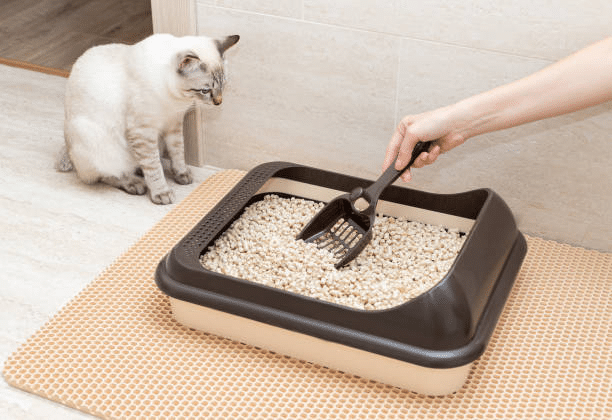
2. Fresh Manure: A Stinky Mistake
While well-composted manure can be garden gold, fresh manure is a disaster waiting to happen. It’s like feeding your plants a spicy curry – it’ll burn them from the inside out!
Fresh manure is too “hot” for plants, meaning it’s packed with nitrogen that can literally burn plant roots. It also harbors pathogens that can contaminate your veggies. And let’s not forget the smell – your neighbors won’t thank you for that lovely aroma wafting over the fence.
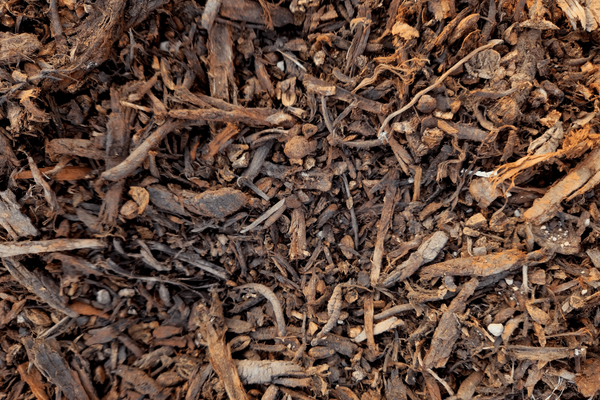
3. Grass Clippings: The Green Menace
Tossing your lawn clippings into the garden might seem like a great way to recycle, but hold your horses! Those innocent-looking blades of grass can wreak havoc on your soil.
Fresh grass clippings form a mat that prevents water and air from reaching plant roots. As they decompose, they can also rob your soil of nitrogen, leaving your plants starving. And if you’ve used any lawn treatments, you’re introducing those chemicals straight into your veggie patch.
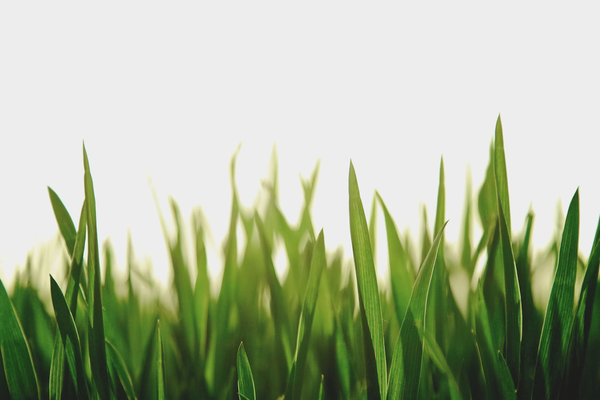
4. Wood Ash: The pH Destroyer
Got a fireplace? Don’t even think about dumping those ashes in your garden! Wood ash might seem like a great source of nutrients, but it’s a ticking time bomb for your soil’s pH.
Wood ash is highly alkaline and can dramatically raise your soil’s pH level. Most plants prefer slightly acidic soil, so this pH shift can lock up essential nutrients, leaving your plants malnourished and miserable.

5. Sand: The Concrete Creator
Adding sand to heavy clay soil sounds logical, right? Wrong! This common myth can turn your garden into a mini concrete jungle.
When sand is mixed with clay soil, it creates a cement-like substance that’s even harder for roots to penetrate than the original clay. Instead of improving drainage, you’ve just created an impenetrable barrier that’ll have your plants begging for mercy.
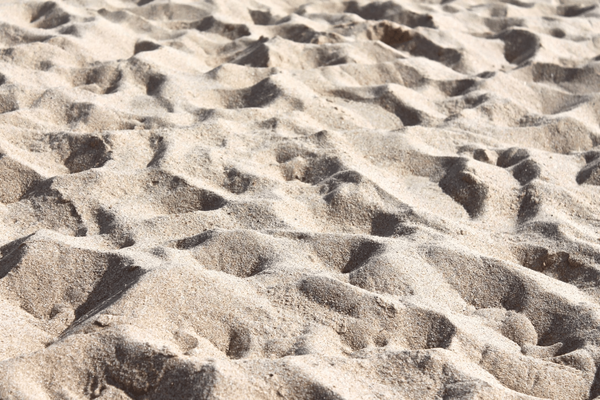
6. Sawdust: The Nitrogen Thief
Free sawdust from your local woodworker might seem like a gardener’s dream, but it’s more of a nightmare for your plants.
As sawdust breaks down, it sucks up all the available nitrogen in the soil, leaving your plants starving. It’s like putting your garden on an extreme diet – no nutrients allowed! Your plants will be left yellowing and weak, wondering what they did to deserve such cruel treatment.
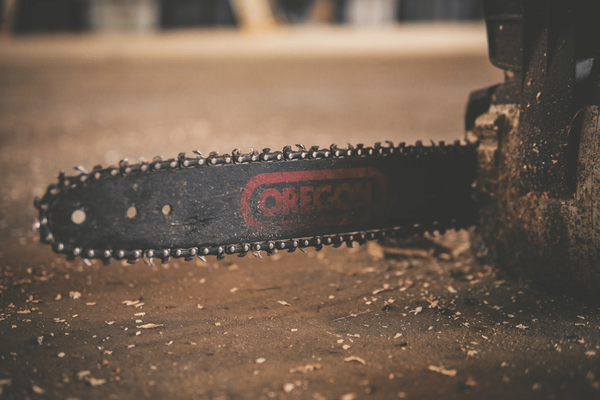
7. Glossy Magazines: A Colorful Disaster
Shredded paper can be great for compost, but those glossy magazines? Keep them far away from your precious plants!
The inks and chemicals used in glossy prints can leach into your soil, contaminating it with heavy metals and other toxins. Your urban oasis will quickly turn into a toxic wasteland that even the hardiest weeds will struggle to survive in.

8. Lime: The pH Pummeler
Lime can be a miracle worker in some gardens, but using it without testing your soil first is like playing Russian roulette with your plants.
Applying lime to soil skyrockets the pH levels, making essential nutrients unavailable to your plants. It’s like locking up the pantry and throwing away the key – your plants will be surrounded by food they can’t access.
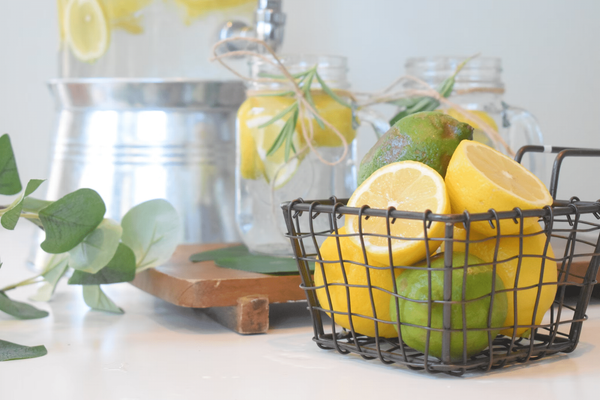
9. Meat and Dairy: The Pest Party Invitation
Thinking of adding some protein to your compost? Think again! Tossing meat or dairy products into your garden is like sending out an all-you-can-eat invitation to every pest in the neighborhood.
Not only will these items attract unwanted critters, but they’ll also create a stinky, rotting mess that harbors harmful bacteria. Your garden will quickly become the local hangout for rats, raccoons, and other pests looking for a free meal.
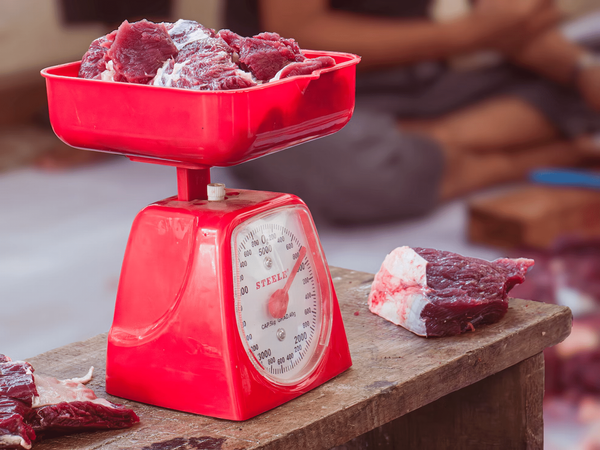
10. Treated Wood Chips: The Silent Poison
Those colorful wood chips might look pretty, but if they’re treated, they’re a ticking time bomb for your garden.
Treated wood often contains chemicals like arsenic and chromium, which can leach into your soil and poison your plants. It’s like planting your veggies in a toxic waste dump – not exactly the organic paradise you were aiming for.
11. Coffee Grounds: The Caffeine Overdose
Coffee lovers, brace yourselves! While a sprinkle of coffee grounds can be beneficial, dumping your entire French press contents into your soil is a recipe for disaster.
Excessive coffee grounds can make your soil too acidic, stunting plant growth. They also contain caffeine, which can inhibit seed germination and root development. It’s like force-feeding your plants espresso shots – they’ll be jittery, stressed, and unable to grow properly.
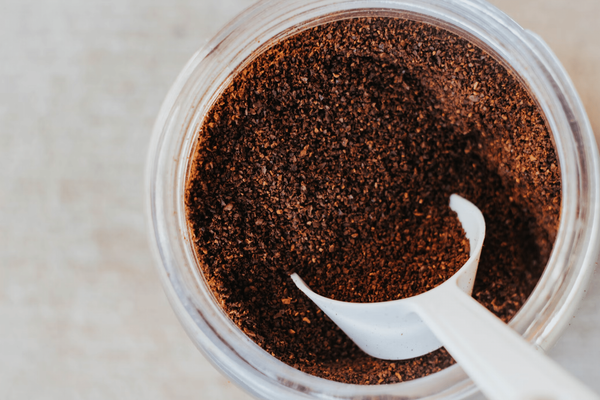
12. Synthetic Fertilizers: The Fast Food of the Plant World
Synthetic fertilizers might seem like a quick fix, but they’re the gardening equivalent of binging on junk food. Sure, they’ll give your plants a quick boost, but at what cost?
These chemical cocktails can burn plant roots, kill beneficial soil microorganisms, and create nutrient imbalances. Over time, they can also lead to soil compaction and reduced water retention. It’s like putting your garden on a rollercoaster of highs and lows – thrilling at first, but ultimately harmful.
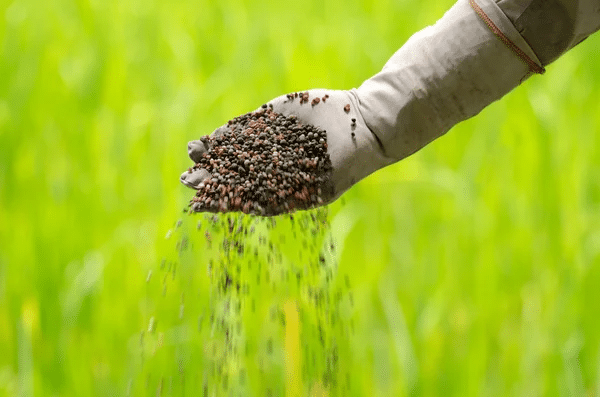
The Bottom Line: Think Before You Amend
Urban gardening is all about creating a little slice of nature in the concrete jungle. But one wrong move with your soil amendments, and you could be nurturing a plant cemetery instead of a thriving garden.
Remember, when it comes to soil amendments, less is often more. Stick to well-composted organic matter, and always do your research before adding anything new to your garden. Your plants (and your neighbors) will thank you!



